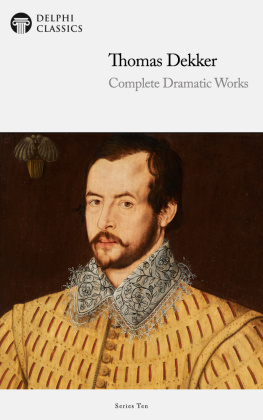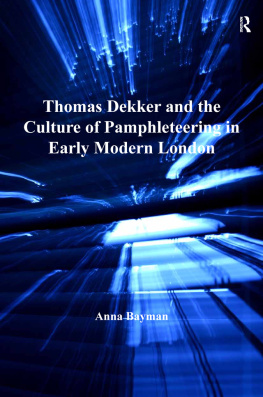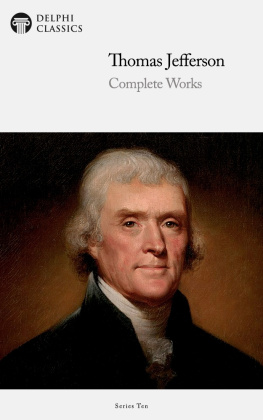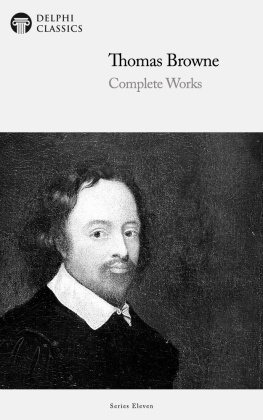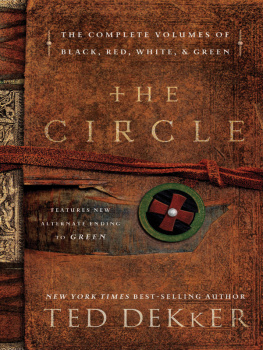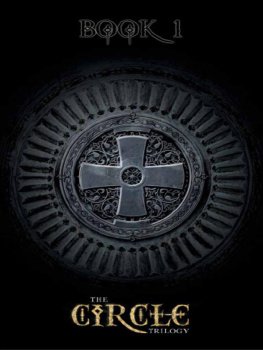
The Complete Dramatic Works of
THOMAS DEKKER
(c. 1572-1632)

Contents

Delphi Classics 2019
Version 1


Browse our Main Series

Browse our Ancient Classics

Browse our Poets

Browse our Art eBooks

Browse our Classical Music series

The Complete Dramatic Works of
THOMAS DEKKER

By Delphi Classics, 2019
COPYRIGHT
Complete Dramatic Works of Thomas Dekker

First published in the United Kingdom in 2019 by Delphi Classics.
Delphi Classics, 2019.
All rights reserved. No part of this publication may be reproduced, stored in a retrieval system, or transmitted, in any form or by any means, without the prior permission in writing of the publisher, nor be otherwise circulated in any form other than that in which it is published.
Cover image: Portrait of a Gentleman by an unknown artist, c. 1590, Private Collection
ISBN: 978 1 78877 976 0
Delphi Classics
is an imprint of
Delphi Publishing Ltd
Hastings, East Sussex
United Kingdom
Contact: sales@delphiclassics.com

www.delphiclassics.com
Explore Elizabethan and Jacobean theatre with Delphi Classics

For the first time in publishing history, Delphi Classics is proud to present the complete works of these writers, with beautiful illustrations and the usual bonus material.
Explore Renaissance art and literature
The Solo Plays

A seventeenth century drawing of London Dekkers birthplace. Very little information survives concerning the playwrights life.
The Shoemakers Holiday (1599)

The Shoemakers Holiday is Dekkers most famous and frequently performed play. It was first performed in 1599 by the Admirals Men, a leading company troupe of actors during the Elizabethan and Jacobean eras. One of the most high profile and well-regarded troupes of the period, it was perhaps only second in reputation to the Kings Men, best known for staging Shakespeares plays. The Admirals Men was formed in 1576 and originally called Lord Howards Men after their patron, Charles Howard, 1 st Earl of Nottingham. When Howard was appointed Lord High Admiral in 1585, the troupes name was altered to reflect their patrons new position. In the 1580s, the troupe established a long-term and highly fruitful relationship with theatre producer and impresario, Philip Henslowe. After the reopening of the theatres in 1594 following an outbreak of the bubonic plague, the Admirals Men entered a particularly successful period in their history and performed as many as thirty-eight different plays during the 1594-95 season.
The Shoemakers Holiday is often considered an example of an early city comedy a genre that achieved popularity and prominence in the early seventeenth century. Dekker had begun writing for the Admirals Men in c. 1598 and would eventually produce as many as forty plays for the troupe, many of which are now lost. The playwright struggled to make enough money and around the time this play was first staged he was in a debtors prison.
The plot concerns the love affair of Rose Oatley, the daughter of Sir Roger Oatley, lord mayor of London, and Rowland Lacy, the nephew of Sir Hugh Lacy, the earl of Lincoln. Acutely aware of class differences between the two young people, Sir Hugh vows to stop the wedding. To prevent the courtship, he arranges for his nephew to be given a command in the army of King Henry V, who is preparing to invade France. However, Rowland has other ideas. Losing himself among the craftsmen of London, he takes the guise of a Dutch shoemaker at the shop of Simon Eyre, a London cobbler, who makes shoes for the king and other notable families. Meanwhile, Rose is confined to her fathers house in London and is left pining for her love.
The play was first published in 1600 by the printer Valentine Simmes after it had been performed for Queen Elizabeth on New Years Day. In the epilogue, Dekker states that nothing is proposed, but mirth by his tale of inter-class romance and intrigue.

A 1610 printing of the play
CONTENTS

Philip Henslowe by Edward Alleyn
TO ALL GOOD FELLOWS, PROFESSORS OF THE GENTLE CRAFT, OF WHAT DEGREE SOEVER.

K IND GENTLEMEN AND honest boon companions, I present you here with a merry-conceited Comedy, called The Shoemakers Holiday , acted by my Lord Admirals Players this present Christmas before the Queens most excellent Majesty, for the mirth and pleasant matter by her Highness graciously accepted, being indeed no way offensive. The argument of the play I will set down in this Epistle: Sir Hugh Lacy, Earl of Lincoln, had a young gentleman of his own name, his near kinsman, that loved the Lord Mayors daughter of London; to prevent and cross which love, the Earl caused his kinsman to be sent Colonel of a company into France: who resigned his place to another gentleman his friend, and came disguised like a Dutch shoemaker to the house of Simon Eyre in Tower Street, who served the Mayor and his household with shoes: the merriments that passed in Eyres house, his coming to be Mayor of London, Lacys getting his love, and other accidents, with two merry Three-mens-songs. Take all in good worth that is well intended, for nothing is purposed but mirth; mirth lengtheneth long life, which, with all other blessings, I heartily wish you. Farewell!
Next page
